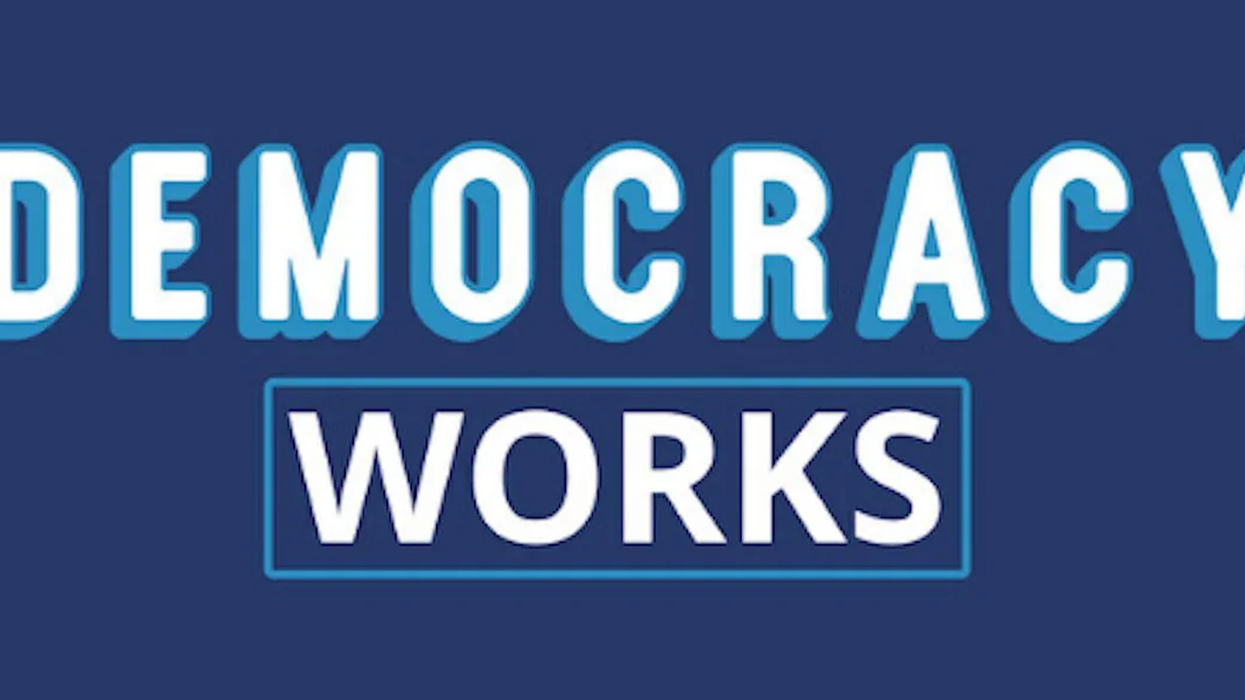At the end of March, millions of Americans lost access to Medicaid as pandemic-era expansions to the program were rolled back. At the same time, North Carolina's legislature voted to expand Medicaid, marking a demonstration of bipartisan agreement in these polarizing times. This backdrop makes it a very interesting time to talk with Jamila Michener, who studies both the specific politics of Medicaid and how the political fights over Medicaid illustrate larger issues in federalism and democracy. This episode explores how receiving government benefits like Medicaid impacts political agency, whether it's possible to square federalism and equality, and more.
Podcast: Living in a fragmented democracy




















Trump & Hegseth gave Mark Kelly a huge 2028 gift